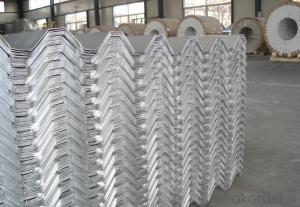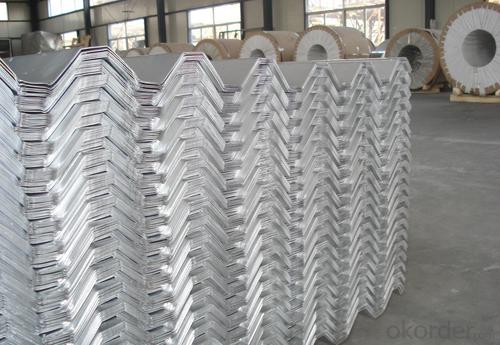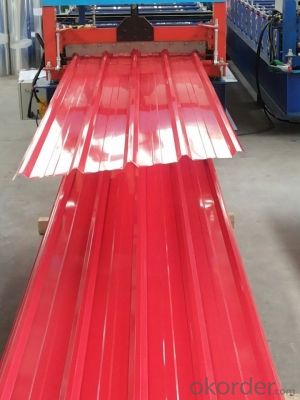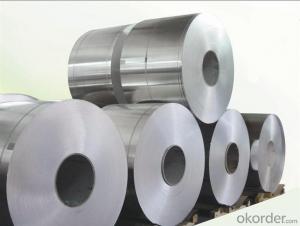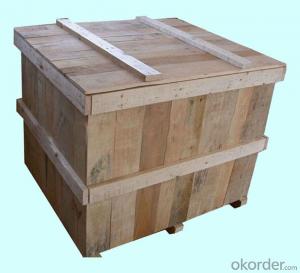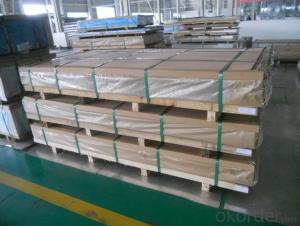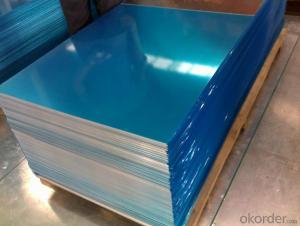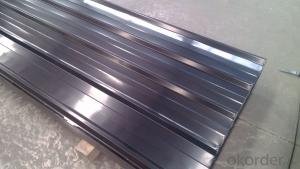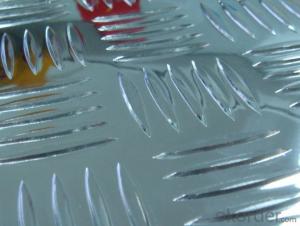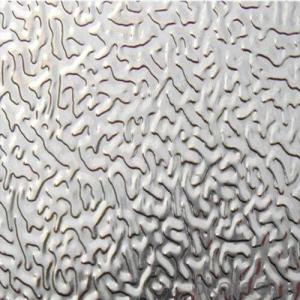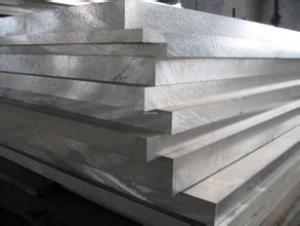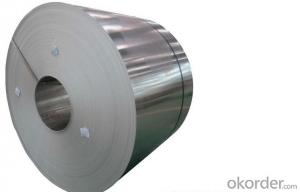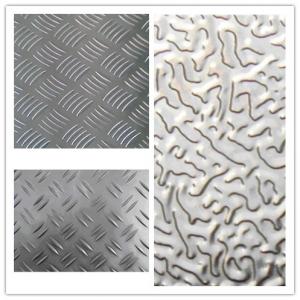Aluminum Sheets Houston for Extruded Aluminum Plate in Architectural Applications
- Loading Port:
- Tianjin
- Payment Terms:
- TT OR LC
- Min Order Qty:
- 5 m.t.
- Supply Capability:
- 60000 m.t./month
OKorder Service Pledge
OKorder Financial Service
You Might Also Like
Specification
Extruded Aluminum Plate For Architecture Application
Specifications
Alloy NO. | Thickness | Width | Length | Production line | Circulation size |
1050 1060 1100 3003 | 0.3-9.5mm | 800--2200mm | 1000--10000mm | DC,CC | 1220*2440mm 1250*2500mm 1500*3000mm 1000*2000mm
|
5052 5083 5454 5754 5086 | 0.5-150mm | 800--2200mm | 1000--6000mm | DC | |
6061 | 5-150mm | 800--2200mm | 1000--10000mm | DC | |
7075 | 6-150mm | 800--2200mm | 1000--10000mm | DC | |
Packing | Stick blue film→plastic film→waterproof paper→1~2 tons on a export standard pallet(corner protection) | ||||
Application | decoration:ceilings,walls,furniture,cabinets,elevators,signs,name plate, transportation, cookware, household appliances:refrigerators,microwave ovens, machinery, mold making,aerospace and military aspects, auto, PP cap , construction etc | ||||
Standard | Chemical Composite: GB/T 3190-2008, JIS, EN, ASTM | ||||
Mechanical Property: GB/T 3880.2-2012, JIS, EN, ASTM | |||||
MOQ | 5TONS | ||||
Kind attention | Specifications can be customized as the customer’s requirements | ||||
Application
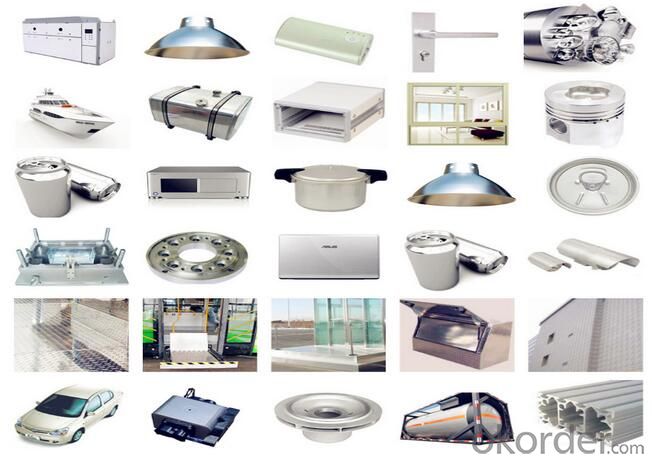
Packing
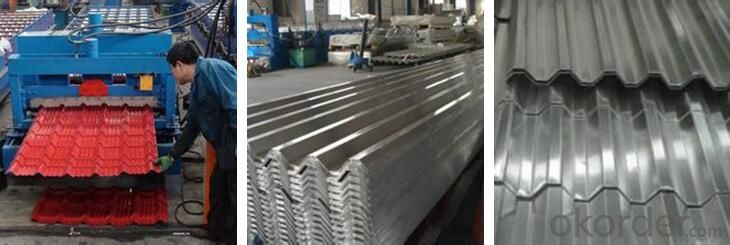
FAQ
Q: Can you provide free samples?
A: Yes, free samples will be sent to you on freight at destination.
Q: Can I get your latest catalogue?
A: Yes, it will be sent to you in no time.
Q: What are your payment terms?
A: We accept L/C, D/A, D/P, T/T, West Union, etc
Q: Can you provide free samples?
A: Yes, free samples will be sent to you on freight at destination.
Q: Can I get your latest catalogue?
A: Yes, it will be sent to you in no time.
Q: What is the MOQ?
A: 5 tons.
- Q: Are the aluminum sheets suitable for manufacturing electronic enclosures?
- Indeed, aluminum sheets are well-suited for the production of electronic enclosures. The reason for aluminum's popularity in this regard lies in its remarkable combination of strength, durability, and lightness. Moreover, its capacity for conducting electricity effectively qualifies it for dissipating the heat generated by electronic components. Furthermore, aluminum sheets can be effortlessly molded, shaped, and machined to meet the precise specifications of electronic enclosures, thereby allowing for personalized and adaptable designs. Additionally, its ability to resist corrosion renders it suitable for safeguarding electronic devices against environmental elements. In summary, aluminum sheets offer the perfect material solution for the manufacturing of electronic enclosures.
- Q: Are aluminum sheets suitable for construction in regions with a high risk of earthquakes?
- <p>Aluminum sheets can be used in earthquake-prone areas, but their suitability depends on the specific application and construction methods. Aluminum is lightweight and flexible, which can be advantageous in withstanding seismic forces. However, it lacks the strength and rigidity of traditional materials like steel and concrete. When used in construction, aluminum must be properly engineered and combined with other materials to ensure structural integrity and compliance with seismic building codes. It's crucial to consult with structural engineers and follow local regulations when considering aluminum for earthquake-prone regions.</p>
- Q: Is the chemical formula for Aluminum Sulfate Al2(SO4)3?How and why is Al2(SO4)3 wrong?
- Aluminum Sulfate Formula
- Q: What are the semi hard ones? What are the alloys? What are the anti rust ones, such as 3003505210606061, 7075?
- According to the content of alloy elements, aluminum plate can be divided into 8 series, namely 1***, 2***, 3***, 4***.5***.6***.7***.8***It can be divided into cold rolling and hot rolling according to different processing technologyAccording to the thickness difference can be divided into thin plate and medium plate,.GB/T3880-2006 standard in the thickness of 0.2 mm, called aluminum foilMore commonly used brands:Pure aluminum foil strip plate. 1060.. tensile plate, tube. Extrusion tube. Type. Great. Cold processing bar mainly for corrosion resistance in forming of high places, but not of high strength components, such as chemical equipment, marine equipment, railway tanker, conductive materials, instruments and meters the electrode material, and so on.
- Q: Is it suitable to use aluminum sheets as roofing materials in areas with high temperatures?
- <p>Yes, aluminum sheets can be used for roofing materials in hot climates. Aluminum has a high thermal conductivity, which means it can quickly dissipate heat, helping to keep buildings cooler. It also has excellent resistance to corrosion, which is beneficial in areas with high humidity or salt air. Additionally, aluminum is lightweight, easy to install, and can be recycled, making it an environmentally friendly option. However, it's important to ensure proper ventilation and insulation to maximize its performance in hot climates.</p>
- Q: Could you tell me the difference between the 6063 aluminum plate and the 5052 aluminum plate?
- The difference is that, in addition to the magnesium Mg element, there is also a silicon Si element in the 6063 aluminum plate. The strength is slightly better than that of 5052
- Q: What does 3003-O aluminum mean?
- There are four basic states of aluminum alloys:F--Free the condition of a product after a normal working procedure requires no special heat treatment or hardening, and the mechanical properties are not limited.
- Q: how to separate the aluminum sheet in plastic?
- Put them into clean water if both of them won’t react with water, and aluminum sheet will sink into the bottle, then fish up them separately.
- Q: Can the aluminum sheets be used for manufacturing chemical reaction vessels?
- Yes, aluminum sheets can be used for manufacturing chemical reaction vessels.
- Q: Are aluminum sheets suitable for chemical storage tanks?
- Depending on the specific requirements of the chemical being stored, aluminum sheets may be a suitable option for chemical storage tanks. Aluminum is renowned for its exceptional resistance to corrosion, making it well-suited for the storage of numerous chemicals. It develops a protective oxide layer that effectively prevents further corrosion, even in harsh environments. Nevertheless, it is vital to take into account the compatibility between the chemical and aluminum. Some chemicals, such as strong acids or bases, can react with aluminum, leading to corrosion or other undesirable reactions. In such instances, alternative materials like stainless steel or fiberglass-reinforced plastic (FRP) might be more appropriate. Furthermore, careful consideration should be given to the thickness and grade of the aluminum sheets, depending on the specific chemical being stored and the intended use of the tank. For highly corrosive or hazardous chemicals, thicker sheets may be necessary, while thinner sheets may suffice for less aggressive substances. In conclusion, aluminum sheets can be a viable choice for chemical storage tanks, provided that careful evaluation of chemical compatibility is conducted and the appropriate thickness and grade of aluminum are selected to ensure safe and reliable storage.
Send your message to us
Aluminum Sheets Houston for Extruded Aluminum Plate in Architectural Applications
- Loading Port:
- Tianjin
- Payment Terms:
- TT OR LC
- Min Order Qty:
- 5 m.t.
- Supply Capability:
- 60000 m.t./month
OKorder Service Pledge
OKorder Financial Service
Similar products
Hot products
Hot Searches
Related keywords
